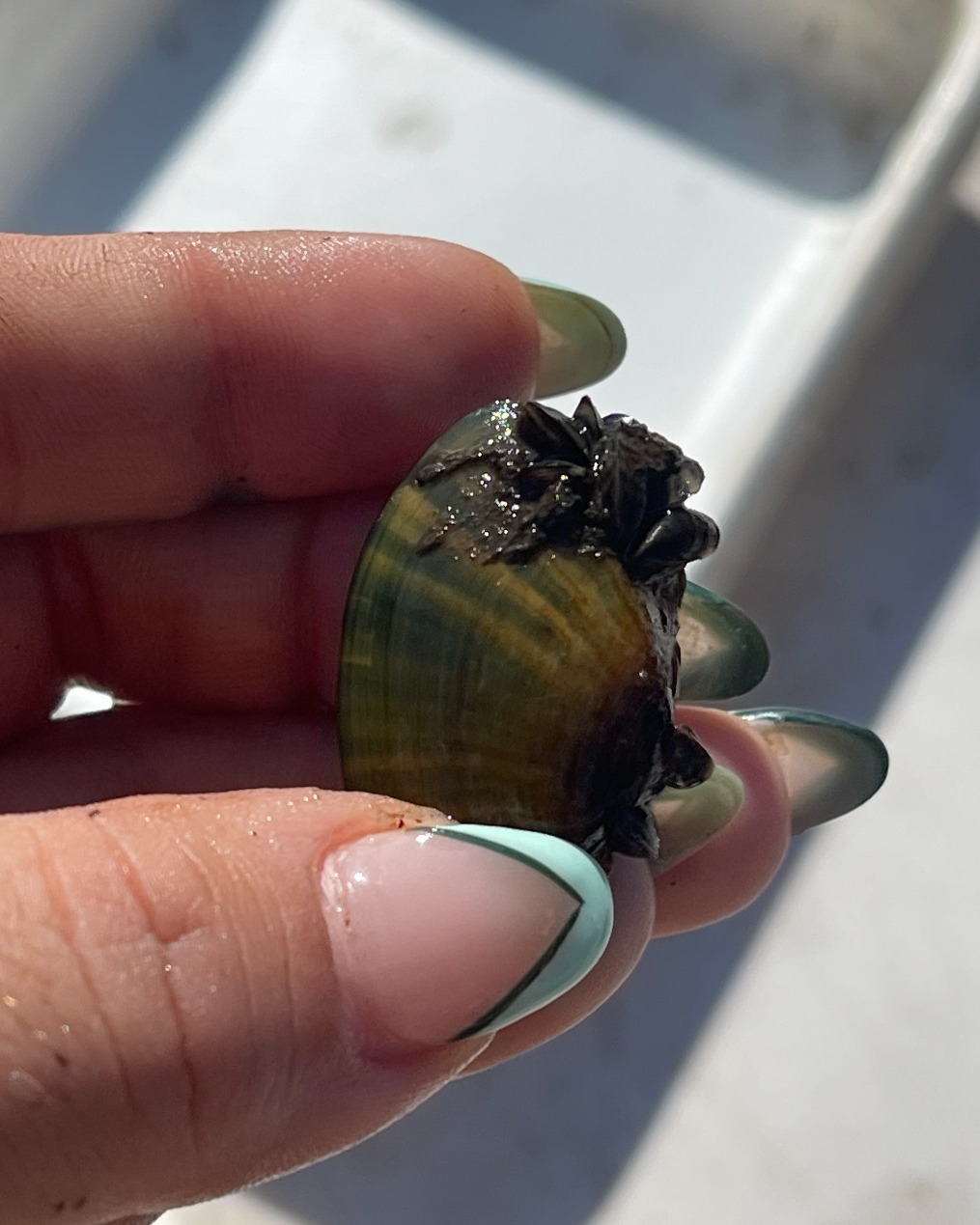- The identification and characteristics of Zebra Mussels and their ecological impact on the Mississippi River.
- Consequences of Zebra Mussels on native species and economic infrastructure.
- Strategies for preventing the spread of Zebra Mussels in waterways.
- Importance of public engagement and practical steps in conservation efforts.
- The role of scientific research and data collection in understanding and managing Zebra Mussels.
Zebra Mussels, named for the zig-zag patterns adorning their shells, are a freshwater problem of significant concern. These small mollusks, native to Eastern Europe, were first spotted in North America in the late 20th century. Despite their diminutive size, often just a couple of inches long, they wield substantial influence over the ecosystems they invade. The Mississippi River, a crucial artery of American waterways, is no exception to their pervasive reach.
Ecologically, Zebra Mussels present a formidable threat. Their competitive nature enables them to outmuscle native species for resources. They adhere to the shells of native freshwater mussels, hampering these organisms’ movements and impairing vital functions such as feeding and reproduction. The result is a cascading effect where native mussels struggle to survive, disrupting the balance of the ecosystem. Furthermore, Zebra Mussels filter-feed on substantial amounts of plankton, thereby depleting the essential food sources available to other aquatic life. This selective filtration can significantly alter water clarity and quality, impacting both flora and fauna.
In addition to ecological costs, the economic consequences are alarming. Zebra Mussels are notorious for colonizing man-made structures. Their propensity to clog pipes and water intake systems incurs millions of dollars in damage each year. Municipalities and industries situated along the Mississippi River face continual maintenance challenges to manage and repair pipes and filtration systems overwhelmed by these invaders. Moreover, recreational areas and tourism reliant on the river’s health are adversely affected, impacting local economies that depend on fishing and boating activities.
Preventive measures are crucial to curtail the spread of Zebra Mussels. One key strategy involves public awareness and engagement. Those using watercraft or trailers are encouraged to inspect their vehicles and equipment meticulously after exposure to infected waters. This process should include the removal of mud, plants, and foreign debris. Additionally, draining live wells and bait buckets is an effective method to prevent transporting these pests. By taking these proactive steps, individuals can play a significant role in protecting the Mississippi River’s biodiversity.
The fight against Zebra Mussels requires the community’s commitment and scientific backing. Conservation efforts benefit greatly from scientific research and data collection. Through monitoring and research, we gain valuable insight into the dynamics of Zebra Mussel populations. Continual data collection, such as the information amassed from SUPSY buckets at lower docks, enhances our understanding of their spread and behavior. This research is essential to developing strategies to manage and mitigate their impact on native ecosystems.
Public engagement in combating the spread of these invasive mussels is imperative. It empowers individuals to contribute directly to conservation efforts. Simple, informed actions taken by boaters and outdoor enthusiasts can prevent the transportation of Zebra Mussels to uninfected areas. With conscientious effort, we can preserve the ecological integrity and economic prosperity of the Mississippi River.
The importance of scientific research cannot be overstated. By combining meticulous fieldwork and dynamic modeling, scientists work towards solutions that address both immediate and long-term threats posed by Zebra Mussels. The ongoing commitment of scientists and volunteers is critical in formulating effective management strategies and public policy.
Understanding and managing invasive species like Zebra Mussels is not a singular endeavor but a collective one. It requires collaboration between conservation organizations, governments, researchers, and the public. Raising awareness during Invasive Species Awareness Week illuminates the path to better protection of our vital waterways. Every action counts in preserving the environmental and economic health of the Mississippi River, ensuring that it continues to thrive for generations to come.
*****
Source Description
It’s Invasive Species Awareness Week! Join us in raising awareness about the Zebra Mussel and their impact on the Mississippi River.
Named for their distinctive, dark, zig-zag stripes on their shells, this invasive species is causing significant damage to our waterways. Although small, these mollusks can create big problems for native freshwater mussels by latching onto them and competing for food and space. When too many Zebra Mussels attach to a native freshwater mussel, they can block its movement, feeding, and reproduction.
In addition to environmental impacts, Zebra Mussels also cause millions of dollars in damage by clogging pipes and water intake structures.
What can you do to help prevent the further spread of these troublesome invasive species? Here are some ways:
– Inspect your watercraft, trailer, and any equipment that comes into contact with the water.
– Remove any mud or plant debris.
– Drain live wells and bait buckets.
Help us protect the Mississippi River and its incredible biodiversity by taking these easy steps to stop the spread of Zebra Mussels!
The photo shows tiny Zebra Mussels colonizing a small plain pocketbook mussel discovered during data collection from SUPSY buckets at our lower dock.

